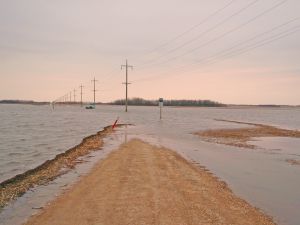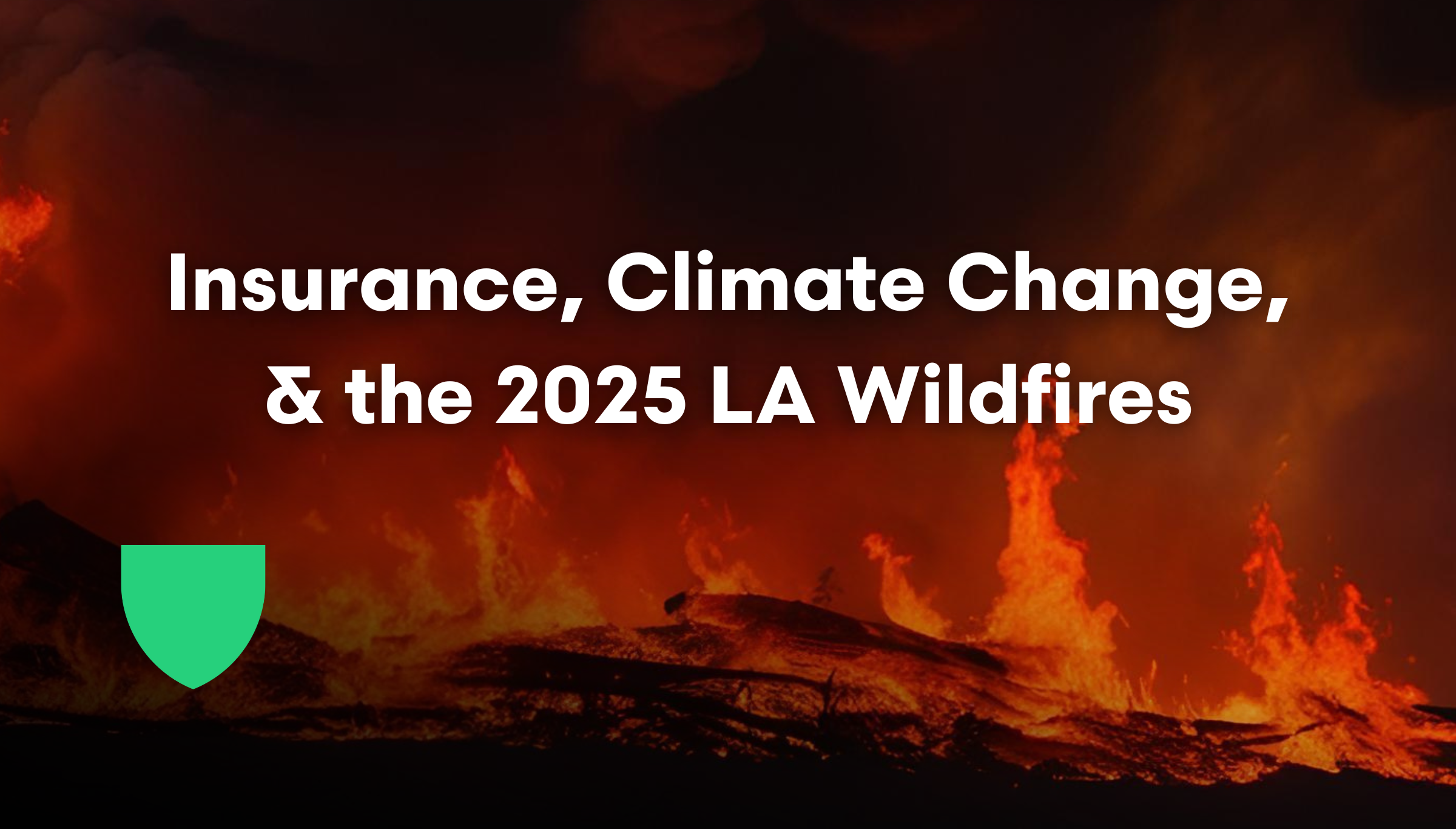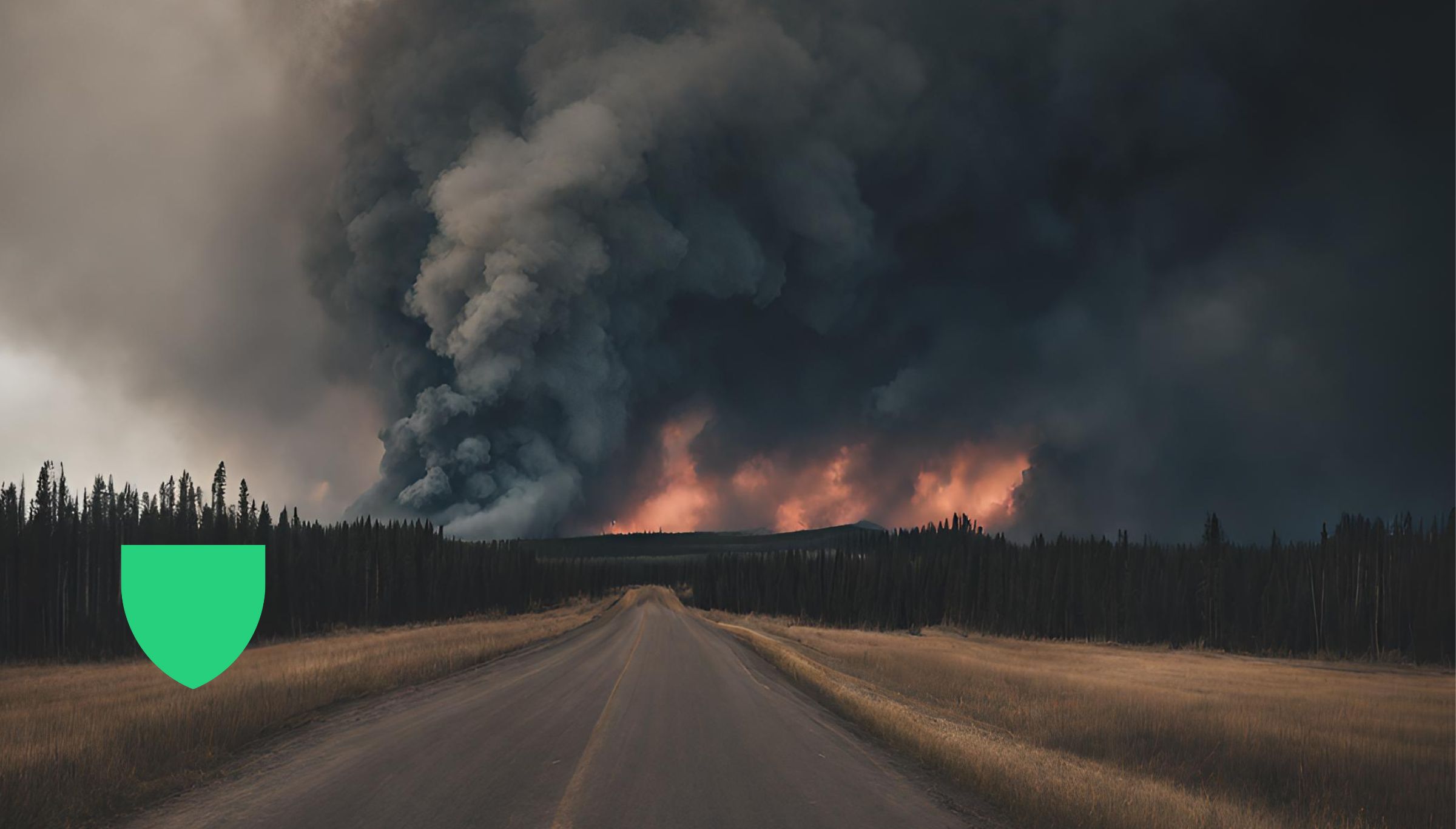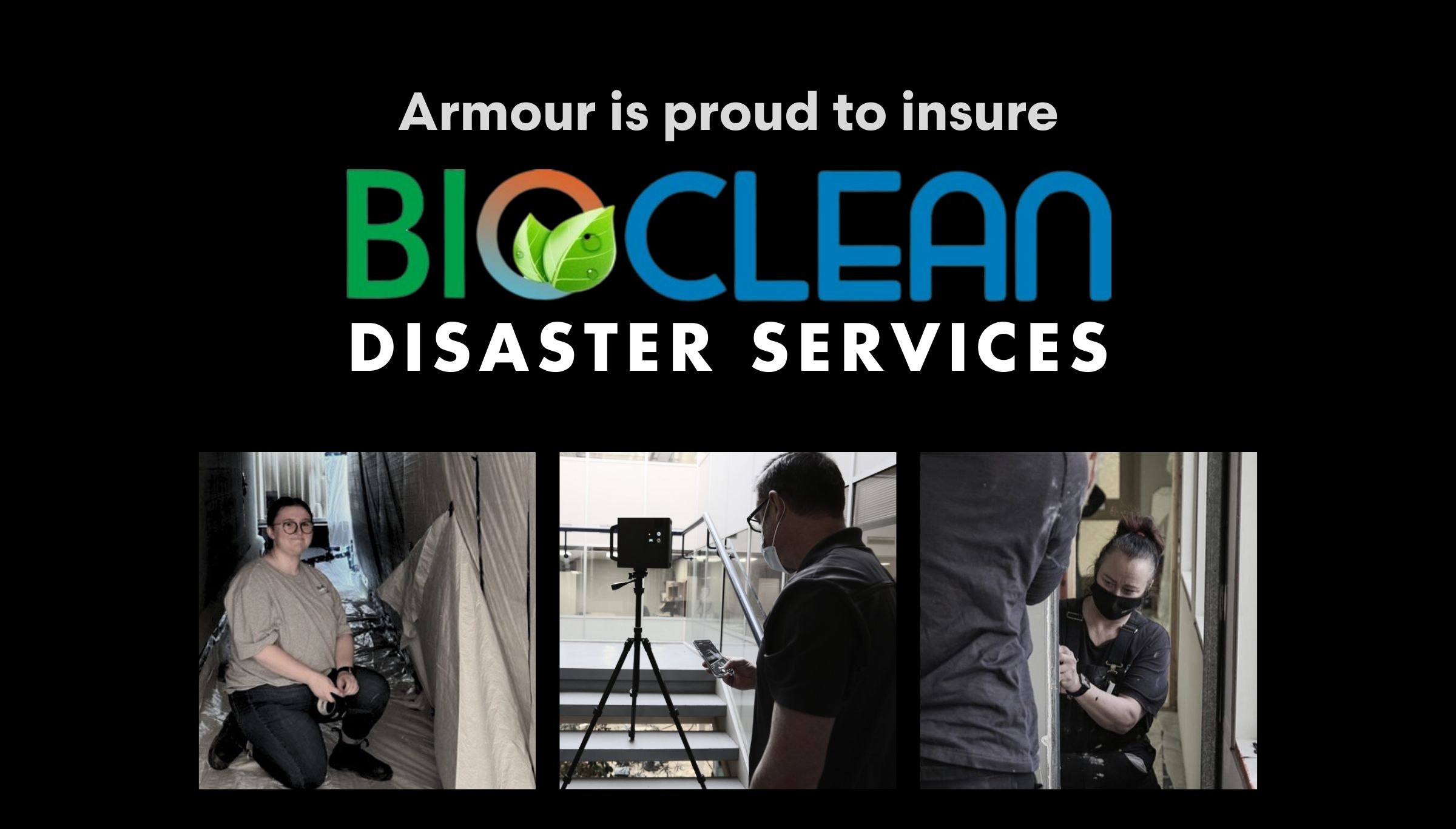In early 2025, Southern California experienced one of the worst natural disasters in US history. The LA wildfires claimed the lives of 28 people, destroyed over 17,000 structures, scorched 35,000 acres, and displaced more than 150,000 residents. According to AccuWeather, the total economic impact—including damages, loss of life, healthcare costs, business disruptions, and other economic factors—is estimated between $250 billion and $275 billion.
4 min read
What the $250 Billion LA Wildfire Indicates About the Future of Insurance
By Jake McCoy on Jan 29, 2025 12:11:52 PM
Topics: fire insurance disaster house fire
6 min read
Weathering the Storm: Climate Change and Alberta Insurance
By Jake McCoy on Mar 16, 2024 10:44:16 AM
Earlier this month, I got a letter from my insurance company about how my property insurance deductibles were being increased from $1,000 to $2,000 on hail damage and water damage. On the one hand, I was happy to hear that my premiums weren’t going up, but on the other hand, I was a little surprised to see that my deductible was literally doubling from last year with no claims or changes to my policy. When I got this news, I did what most people would do, and I gave my broker a call to ask why this happened.
Topics: Car Insurance property insurance disaster
2 min read
Armour Alliances: Bioclean Disaster Services
By Jake McCoy on Mar 14, 2024 3:56:25 PM
As a part of the Armour Advantage program for commercial insurance clients, Armour does something we like to call a commercial client showcase. A client showcase promotes our clients and the excellent work that they do. This month’s client is Bioclean Disaster Services a certified disaster cleanup service with a green twist.
Topics: property insurance disaster commercial insurance
2 min read
Returning Home After a Disaster
By Rob Stevenson on Jul 30, 2013 2:50:00 PM
 After a disaster strikes, returning to your home can be an emotional experience. Unfortunately, if you’re not careful, it can also be a dangerous one. The disaster may have caused damages to your home that now present a safety hazard to you and your family. It is important that you properly inspect your home for potential hazards before you resume your life there.
After a disaster strikes, returning to your home can be an emotional experience. Unfortunately, if you’re not careful, it can also be a dangerous one. The disaster may have caused damages to your home that now present a safety hazard to you and your family. It is important that you properly inspect your home for potential hazards before you resume your life there.
Hazards to Look For
- Natural gas. If you smell gas or hear a hissing sound, open a window and leave immediately. Alert the gas company as soon as possible. Do not smoke or make use of any other items that have an open flame inside a damage house unless you are sure there are no gas leaks or other flammable materials present.
- Sparks and broken or frayed wires. Use a flashlight when first entering your home if you are unsure of the condition of your electrical system. Do not turn on any lights until you are sure they are safe to use. If you suspect damage to any part of your electrical system or if there is standing water in your home, turn off the electricity at the main fuse box if you can safely do so.
- Roof, foundation and chimney cracks. A close examination of your home’s structural integrity is very important. If you feel that there is a chance for collapse, leave immediately.
- Appliances. If appliances are wet or appear to be damaged, turn off the electricity running to them at the main fuse box and then unplug them. Check that they, and your electrical system, work properly before plugging them back in.
- Water and sewage systems. If any pipes are damaged turn off your water at the main valve. Check with local authorities before using any water for cooking or cleaning as it may be contaminated. If you are supplied by your own well have a sample tested before use. Also, make sure sewer lines are intact before using toilers.
- Food and other supplies. Throw out all food and other perishable items that may have been contaminated. This is especially important when goods have come into contact with standing water.
- Clean up hazardous materials. Household chemicals, raw sewage and other hazardous substances that have spilled or leaked throughout your home need to be cleaned up as soon as possible. Make sure you take the proper care to protect yourself from the substance during this process.
- Call your insurance agent. Take pictures of damages before you begin cleanup and keep good records of repair and cleaning costs.






